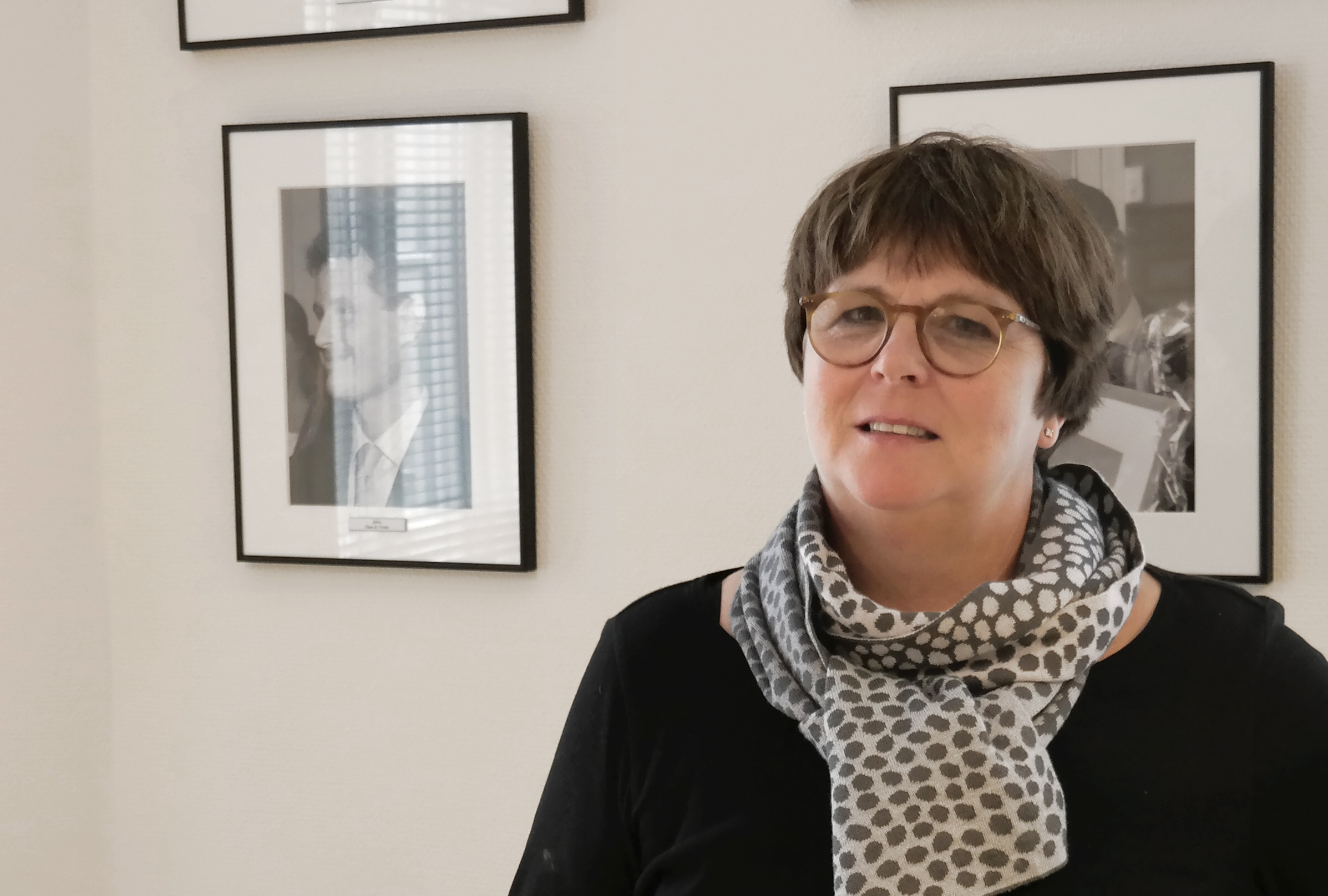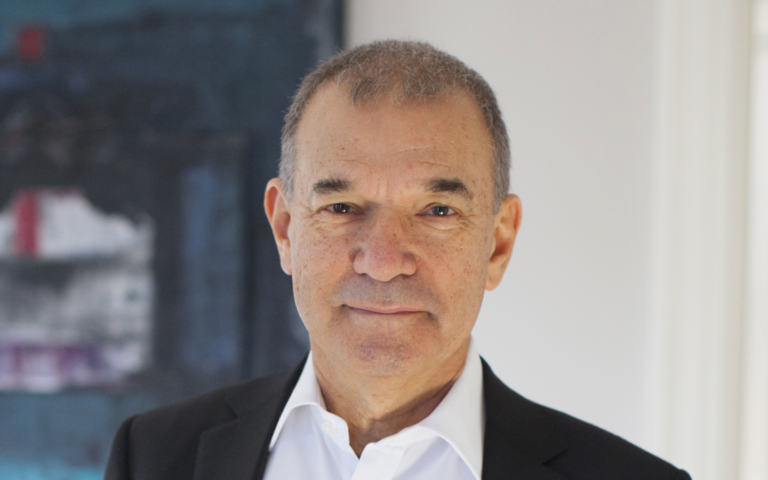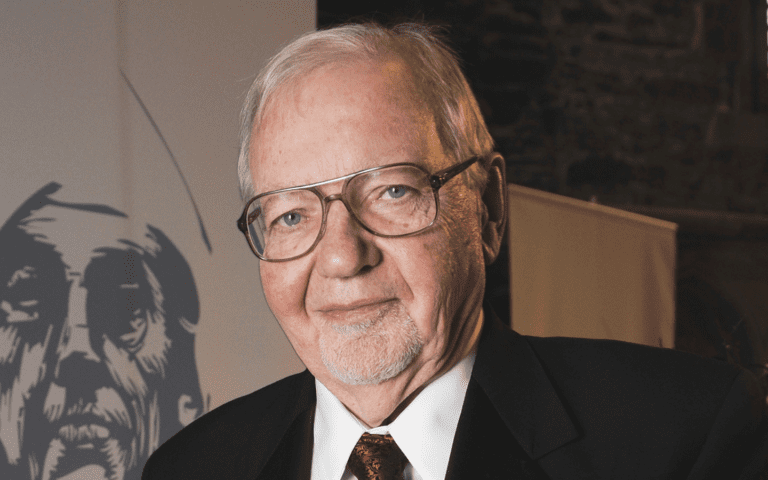
Ellen Mortensen has been appointed academic director of the Holberg Prize as of August 1st. She follows Ivar Bleiklie, who has been director for the last five years.
– It is important to highlight these fields of research and the relevance they have in the world today. I hope the prize will continue to engage and encourage debate, both within academia and in society at large, says Mortensen.
Ellen Mortensen is Professor of Comparative Literature at the Department of Linguistics, Literary and Aesthetic Studies (LLE) at the University of Bergen. She is also former Director of the Centre for Women’s and Gender Studies (SKOK)
– I am honoured to be appointed as academic director of the Holberg Prize. I am certain that the position will offer both interesting and exciting tasks, as well as challenges. I look forward to continue and further develop the excellent work that my predecessor, Professor Ivar Bleiklie, has done. My ambition for the Holberg Prize is that it will become better known in academic circles worldwide, and not only in the Western world, says Mortensen.
The Holberg Prize receives about 70 nominations each year, including nominations from prestigious universities such as Princeton, University of Oxford and London School of Economics.
The Holberg Prize is the world’s largest annual research prize within the Social sciences, Humanities, Law and Theology. The award recognizes ground-breaking research within the aforementioned fields and amounts to 4.5 million Norwegian kroner. It was established by the Norwegian Parliament in 2003 and has been called the “Nobel Prize” for research fields that the price represents. The price is administered by the University of Bergen on behalf of the Ministry of Education and Research.
Last edited:
Published:
Related content

“Everyone dreams at night”: Interview with Stephen Greenblatt
What are the paths and life events that have led 2016 Holberg Laureate Professor Stephen Greenblatt to where he is today? Where will he go from here? How will the humanities survive the current crisis? Those are some of the questions Greenblatt answers in this exclusive interview.

About Fredric R. Jameson
Fredric R. Jameson (born in 1934 in Cleveland, Ohio) is one of today's most important and most influential cultural theorists. He has done more for the contextual study of culture than any other living scholar. Over the past four decades, he has developed a richly nuanced theory of how modern culture – in particular, literature, painting, cinema, and architecture – relates to social and economic developments.

About Ian Hacking
Ian Hacking (born in 1936 in Vancouver, British Columbia) is one of the world's leading scholars in the fields of philosophy and history of science. He has made important contributions to areas as diverse as the philosophy and history of physics; the understanding of the concept of probability; the philosophy of language; and the philosophy and history of psychology and psychiatry.

